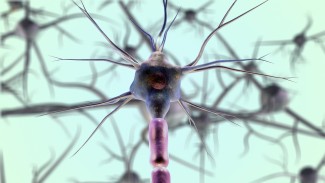
Bassem Hassan is the Paris Brain Institute’s Scientific Director and Director of Core Facilities
04.21.2023
Portraits

Nearly half of humanity speaks more than one language, and many adults can read and master several writing systems. How does the visual cortex adapt to the recognition of words written with different characters? To answer this question, Laurent Cohen...
04.14.2023
Research, science & health

Vanessa Batista Brochard is CRA coordinator at the Neuroscience Clinical Investigation Center (Neuroscience CIC) at the Pitié- Salpêtrière Hospital headed by Dr Céline LOUAPRE and located within Paris Brain Institute.
04.05.2023
Portraits

Unlike classic epileptic seizures that last only a few seconds or minutes, " status epilepticus" refers to a state of neuronal hyperactivity in the cerebral cortex that persists for several hours or days. When this condition occurs without a readily...
03.31.2023
Research, science & health
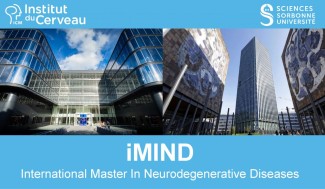
The application campaign for the iMIND - International Master in Neurodegenerative Diseases - Master 2 programme, will be open from March 28th to June 1st!
03.30.2023
Teaching & training
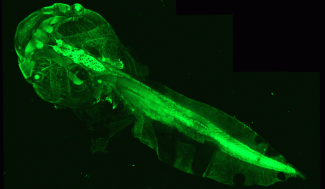
No treatment currently exists that can stop the silent progression of multiple sclerosis, and many promising drugs have proved ineffective in clinical trials. To reduce this failure rate and better predict the potential of candidate molecules...
03.03.2023
Research, science & health
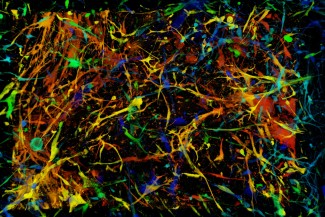
Glioblastomas are the most common malignant tumors of the adult brain. They resist conventional treatment, including surgery, followed by radiation therapy and chemotherapy. Despite thisarmamentarium, glioblastomas inexorably recur. In a new study...
02.24.2023
Research, science & health

Léonie KOBAN and Hilke PLASMANN, researchers in the team "CIA: cognitive control - interoception - attention", have identified a novel brain marker using functional imaging that predicts our preference for immediate rewards over larger later rewards...
02.23.2023
Research, science & health
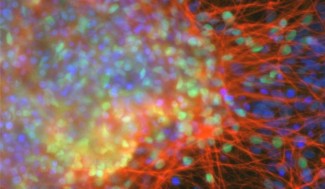
Researchers led by Emmanuel Flamand-Roze, at Paris Brain Institute, have shown that a simple administration of oxygen can alleviate abnormal movement attacks in an orphan disease – alternating hemiplegia of childhood (AHC). These encouraging...
02.21.2023
Research, science & health
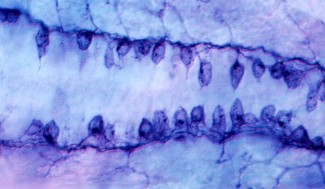
Sensory neurons pick up information from our senses and relay it to the rest of the nervous system. But this is not their only mission. In a new study published in the journal Current Biology, Claire Wyart at Paris Brain Institute, and Christina...
02.20.2023
Research, science & health

On February 2 and 3, Paris Brain Institute hosted a clinical workshop dedicated to neurodegenerative diseases, as part of the CURE-ND Alliance. The topics covered included: clinical trial platforms, digital assessments and biomarkers, and preventive...
02.09.2023
Teaching & training

The European Research Council (ERC) has just published the list of the winners of the grants it is about to distribute. This year, two researchers from at the Paris Brain Institute have been distinguished.
02.07.2023
Research, science & health

